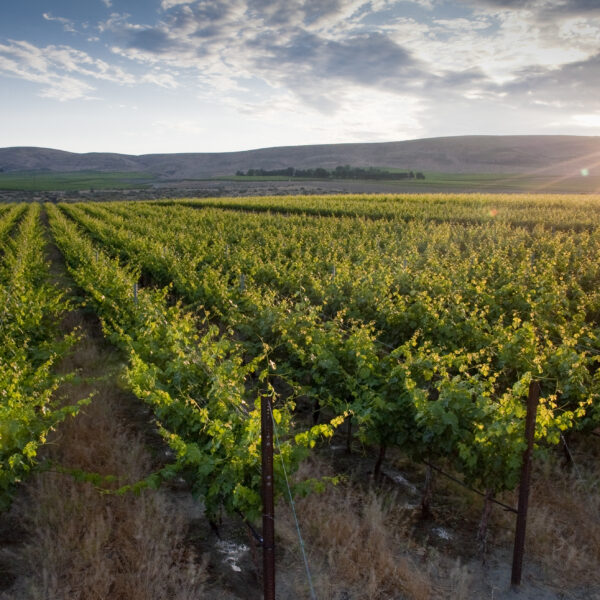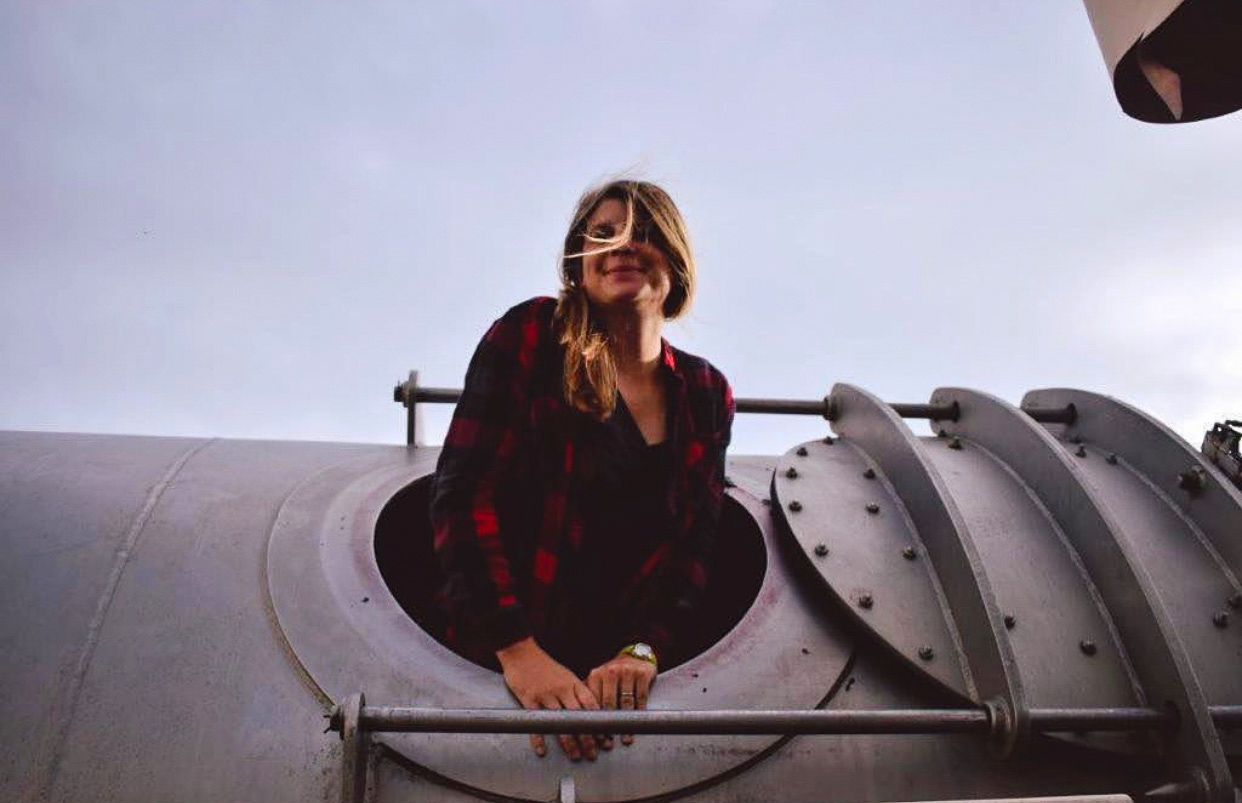History of Wine Research in Washington
Washington’s wine research program is unique in that it’s one of a few in the nation funded by all wine grape growers and wineries in the state, guided and driven by industry, and with results accessible to all vintners and wine grape growers. The following program components ensure it remains effective and relevant to industry needs:
- Industry-guided: The research program is guided by an industry-developed strategic research plan that sets annual goals and metrics.
- Industry-driven: Research priorities are established annually by growers and wineries, and funding recommendations are approved by the industry.
- Accessible to all: Winemakers and growers, regardless of size, have access to research results.
World-Class Research and Wine Science Center
The Washington wine industry is building the foundation for a world class viticulture and enology research program at Washington State University, the industry’s research and education partner. Below, you can see the steps to building this world-class research:
Strategic Research Plan
Washington Wine’s research program is guided by an industry-developed Strategic Research Plan that sets annual goals and key performance indicators.
Wine Science Center
Through the Washington State Wine Commission, the industry invested $9.4 million to help build the Ste. Michelle Wine Estates WSU Wine Science Center, a state-of-the art wine teaching and research facility on the WSU Tri-Cities campus.
Research Vineyard and Facilities:
World-renowned grape scientists at WSU’s Irrigated Agriculture Research and Extension Center in Prosser conduct viticulture research and collaborate with their counterparts at the Wine Science Center.
Sustainably Fund Research:
The industry’s commitment to research provides a stable funding source that’s resulted in more than $1 million spent on grape and wine research annually since 2017. About 20% of the Washington State Wine Commission’s annual budget is dedicated to grape and wine research.
Create a Viticulture and Enology Department at WSU:
A new V&E department, launched in January 2023, will increase research and education capacity at WSU and bring visibility.
Strengthen Industry Research Program:
Efforts are ongoing to fund innovative, game-changing research that solves vineyard and winery problems.
A world-class research program will provide data-driven tools to help Washington grow the best grapes and make the best wine, as well as attract the brightest scientists and students to Washington and increase collaboration with outside universities.—Kristina Kelley, Executive Director of Washington Wine
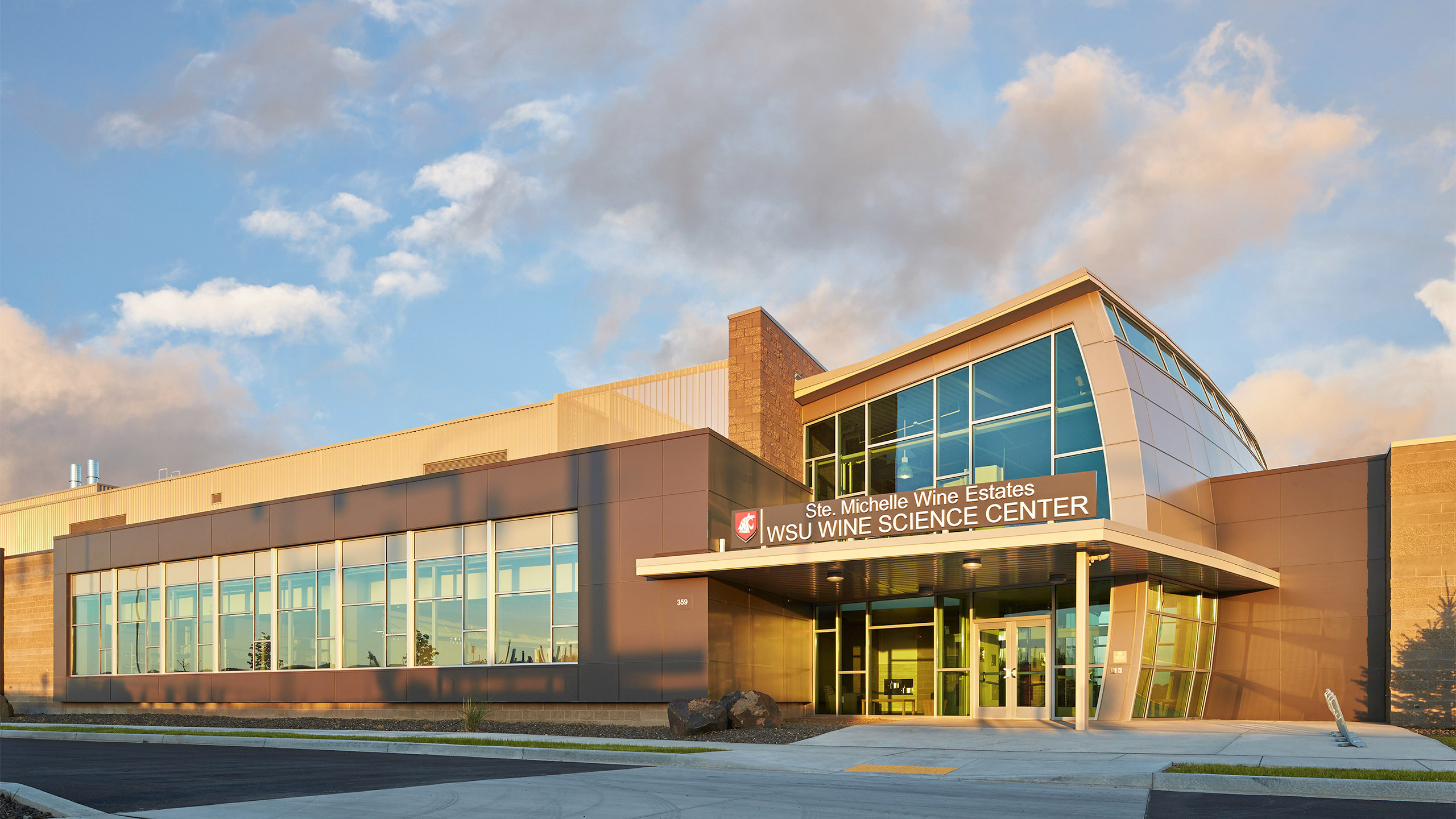
Research Roots
Research played a major role in Washington wine industry’s beginnings as a premium wine producer. Dr. Walter Clore joined WSU’s research station in Prosser as a fruit scientist in 1937. Clore, recognized as the ‘father’ of Washington’s wine industry, initiated research trials of American, European and French hybrid grape varieties throughout the state. But it was W. B. Bridgman, often referred to as the grandfather of the industry, who encouraged Clore to plant and study wine grapes in the state based on the success of Bridgman’s own wine grape vineyard. Bridgman helped develop irrigation in Yakima Valley and planted his first grapes in Washington in 1914. Clore’s trials proved the state had potential to grow and produce premium wine as he laid the foundation for the industry’s strong research partnership with WSU and the industry’s continued commitment to research.
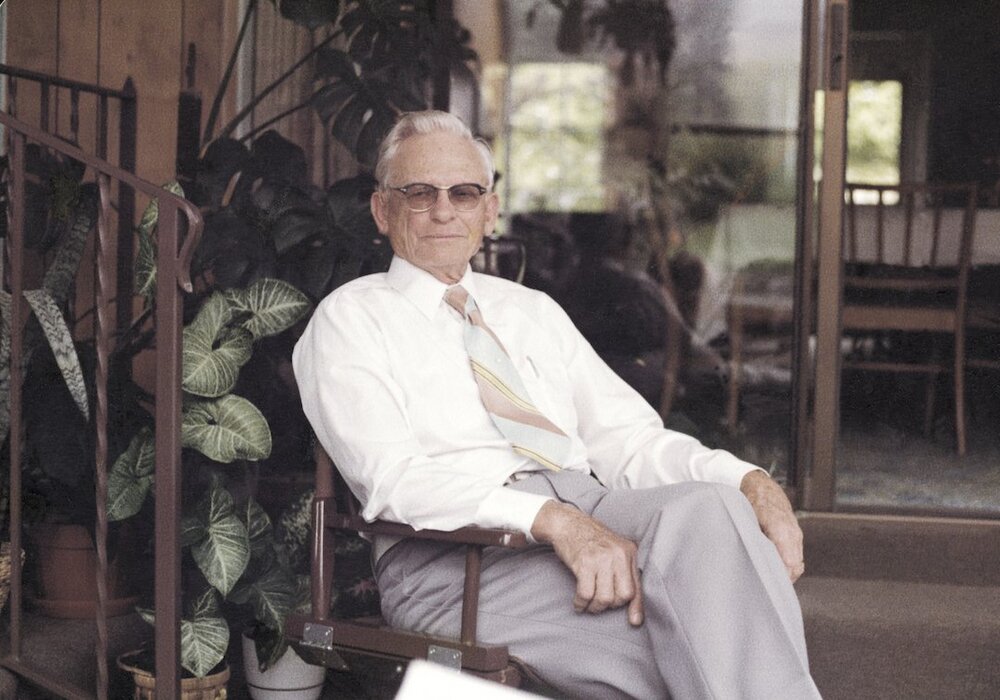
Research Funding
Significant investment in wine research began in the early 1980s, when Washington State legislation appropriated funding (1/4 cent per liter of all wine sold in the state) to WSU for research programs in viticulture, enology and agricultural economics. Today, viticulture and enology research at WSU is supported by public, private and industry funds. Washington State Wine has significantly increased its share of research funding, which has resulted in more than $1 million spent on research since 2017. Additionally, Washington State Wine has created a competitive research grant program to extend the industry’s research reach beyond WSU.
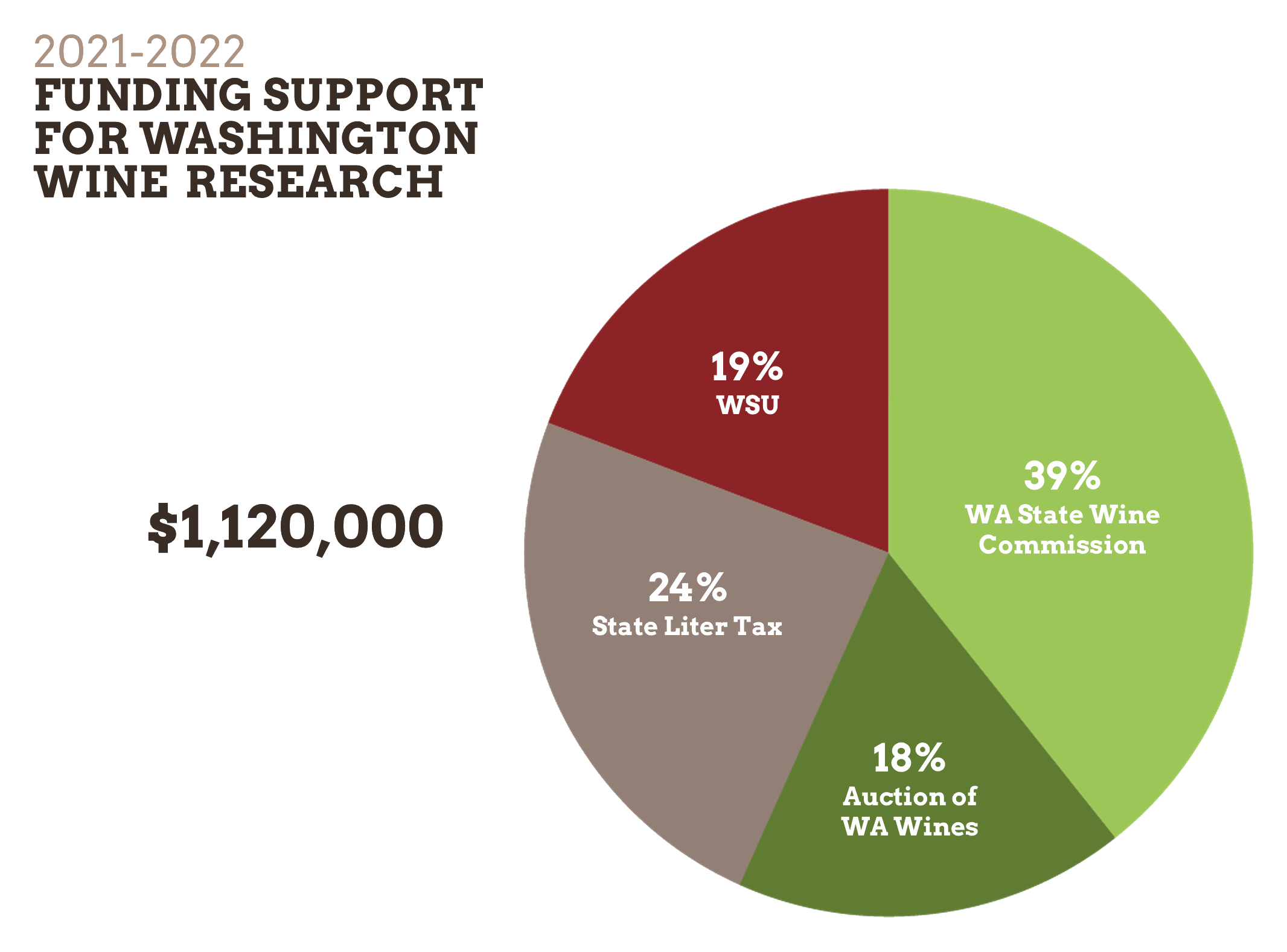
Industry-Guided Program
Washington’s wine research program is guided by two key committees of industry volunteers. These industry members oversee and direct the wine the Research Committee and the Wine Research Advisory Committee oversee and direct Washington’s wine research program:
Research Committee
Composed of Washington State Wine Board members appointed by the Director of the Washington State Department of Agriculture; has fiduciary oversight of the industry’s research program and responsible for implementation of the industry’s strategic research plan. Current Research Committee members are below:
FY2023-24 Members:
Chair, Dick Boushey, Boushey Vineyards, Grandview
Todd Newhouse, Upland Vineyards, Sunnyside
Sadie Drury, North Slope Management, Walla Walla
Kade Casciato, Ciel du Cheval, Benton City
Christian Nance, Goose Ridge Estate Winery
Devyani Gupta, Valdemar Estates
Wine Research Advisory Committee
The Wine Research Advisory Committee (WRAC) is a subcommittee of Washington State Wine Board. WRAC works to keep research focused on the needs specific to the Washington wine industry. Each year, the committee establishes research priorities based on stakeholder input; issues requests for proposals to the research community; reviews grant proposals and reports; and makes research grant funding recommendations for approval by the Washington State Wine board.
FY2023-24 Members:
- Chair, Linn Scott, Sparkman Cellars, Woodinville
- Dick Boushey, Boushey Vineyards, Grandview
- Brian Carter, Brian Carter Cellars, Woodinville
- Kade Casciato, Ciel du Cheval, Benton City
- Kevin Corliss, Ste. Michelle Wine Estates, Prosser
- Sarah Del Moro, Wyckoff Farms, Grandview
- Katie Nelson, Ste. Michelle Wine Estates, Prosser
- Patrick Rawn, Two Mountain Winery, Zillah
- Mari Rossi, DeLille Cellars, Woodinville
- Kay Simon, Chinook Wines, Prosser
- Scott Williams, Kiona Vineyards, Benton City
- Wade Wolfe, Thurston Wolfe Winery, Prosser
Research Strategic Plan
